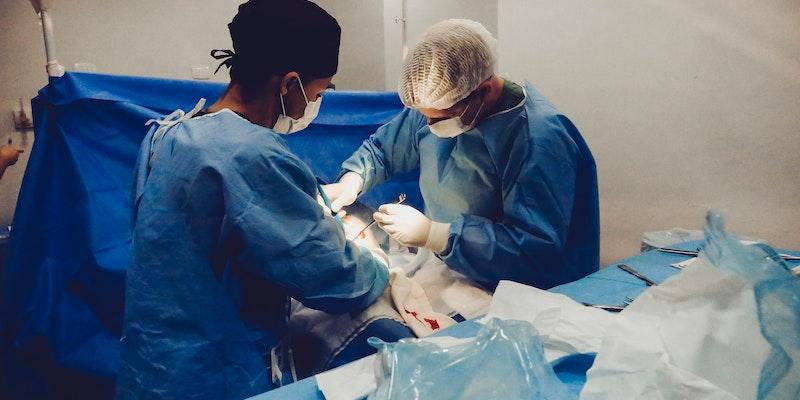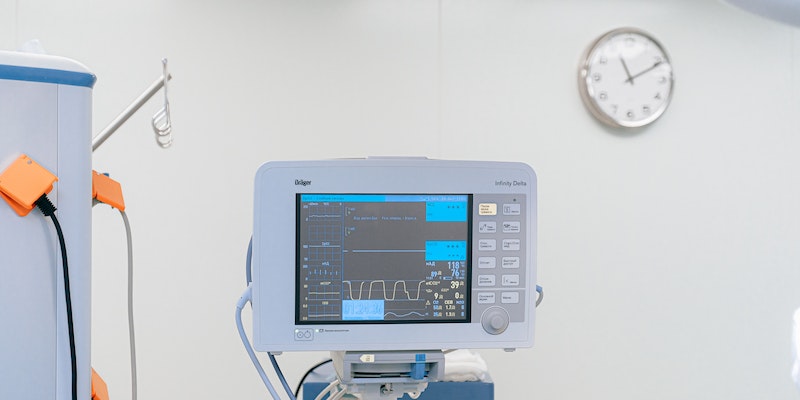Ulcerative colitis remains a confusing condition characterized by inflammation and intestine ulcers, with patients often grappling with symptoms like bloody diarrhea and abdominal pain. The quest to uncover the root causes is ongoing, with several theories and contributing factors under the microscope.
Theories Behind the Causes
The cause of ulcerative colitis, which causes colon inflammation and ulcers, is unknown. Ulcerative colitis patients and doctors want better treatment and understanding.
Immune System Malfunction
One prevailing theory suggests that the disease may be autoimmune. In such cases, the immune system mistakenly targets colon cells, causing inflammation and ulcers. This theory emphasizes the need for immune response modulation in ulcerative colitis treatment.
Imbalanced Microbiome
The gut's microbiome, comprised of diverse microorganisms, plays a crucial role in digestion and immunity. The microbiome of ulcerative colitis patients is often less varied. The cause or effect of this imbalance is unknown. The importance of microbial balance treatments for ulcerative colitis remains.
Absence of intestinal barrier
The intestinal barrier is essential for gut health. Tiny particles can escape when this barrier is disturbed in ulcerative colitis, triggering an immune system reaction and inflammation. Understanding this helps create ulcerative colitis medications and treatments that maintain the wall.
Medications and Strategies
Integrated treatment is needed for ulcerative colitis. Lots of ulcerative colitis drugs exist. Some soothe the immune system, and others minimize inflammation. The proper treatment depends on how a person reacts to drugs and the severity of their symptoms.
Customizing ulcerative colitis treatment is critical. Anti-inflammatory drugs may help colon swelling and pain. Immunosuppressants, which suppress the immune system, may be needed by others. This prevents the body from attacking its cells, as in ulcerative colitis.
Considering Surgery
Surgery may be considered for ulcerative colitis when medicines fail to work. Surgery is frightening, but we must balance the advantages and downsides and choose what's best.
Ulcerative colitis surgery improves daily life by reducing symptoms. It becomes essential for ulcerative colitis treatment when other methods fail. The surgery may remove the affected colon and create a new waste-exit pathway.
Surgery can save those with persistent symptoms despite medication, but it's a big decision. As with any treatment, patients should talk to their doctors, ask questions, and gather all the information they need before having ulcerative colitis surgery.
Is it Hereditary?
Research indicates a potential genetic predisposition to ulcerative colitis, with genetic mutations such as CARD15 playing a role. However, the extent to which heredity influences the onset of this condition remains a subject of thorough scientific investigation. The genetic connections in ulcerative colitis are not as pronounced as those in Crohn's disease, leaving researchers with significant work in unveiling the intricacies of this relationship.
Pediatric cases are prioritized because hereditary factors can affect the development of ulcerative colitis treatments. Understanding the genetics of ulcerative colitis helps prescribe the proper medication and, in severe cases, surgery.
Demographics and Prevalence

Ulcerative colitis exhibits a widespread demographic reach, with a notable prevalence among young adults. While both genders are equally susceptible, females may experience variations in symptoms in sync with their menstrual cycles. Geographical locations and ancestry also play a role in the prevalence of this condition, leading to the need for region-specific ulcerative colitis medication and strategies.
In areas with higher incidence, a more localized approach to treatments for ulcerative colitis is essential to address the population's unique needs effectively. A comprehensive grasp of the demographic and geographical prevalence assists healthcare professionals in recommending suitable ulcerative colitis medication or, when necessary, ulcerative colitis surgery.
Medications and Treatments
Complex ulcerative colitis requires many medications and treatments. Ibuprofen and immunosuppressants treat ulcerative colitis parts. Patient responses and disease severity must be considered to treat ulcerative colitis effectively. Surgery may be regarded as for ulcerative colitis patients who do not respond to medication. Medical advances offer hope for better ulcerative colitis treatments, including medicine and surgery.
Lifestyle Adjustments and Self-Management
Along with medication, lifestyle changes can help manage ulcerative colitis. Nutritional balance is a critical self-management strategy. To manage symptoms, avoid foods that worsen symptoms. A diet rich in fruits, vegetables, lean proteins, and low-fat and processed foods can help manage ulcerative colitis flare-ups.
This condition also benefits from regular exercise. Physical activity reduces stress, maintains weight, and improves well-being, complementing ulcerative colitis medication. Exercise routines must be tailored to individual abilities to avoid exacerbating symptoms, especially during flare-ups.
Controlling ulcerative colitis requires stress management. Meditation, yoga, and deep breathing can prevent stress-related flare-ups. With the proper ulcerative colitis medication, these methods can improve quality of life.
Ongoing Research and Future Developments
Scientific research is ongoing to improve ulcerative colitis treatments and knowledge. New ulcerative colitis medications targeting immune response and inflammation are being tested in clinical trials. Patients considering these trials should consult their doctors.
Studies are also looking at the microbiome and ulcerative colitis. To balance gut bacteria, probiotics can treat ulcerative colitis. This approach may become an essential ulcerative colitis treatment.
In ulcerative colitis surgery, advancements are being made to develop less invasive procedures with quicker recovery times. These innovations in ulcerative colitis surgery aim to offer better solutions for patients with insufficient medication.
Surgical Interventions

For some, ulcerative colitis surgery becomes viable when medications fall short. Ulcerative colitis surgery aims to alleviate symptoms and improve quality of life. Deciding on surgery involves weighing the benefits against potential risks and considering individual patient factors.
Wrapping It Up and Suggestions
Research for the cause of ulcerative colitis continues. Despite studying genetics and theories, there is finally good news for patients with ulcerative colitis as they now have hope thanks to advances in medications and surgery.
You should see a doctor if you suspect ulcerative colitis. A doctor or gut specialist will discuss the proper medications and treatments. They'll also discuss surgery to ensure it's right for you.




